https://ebookmass.com/product/british-secretprojects-5-britains-space-shuttle-sharp/
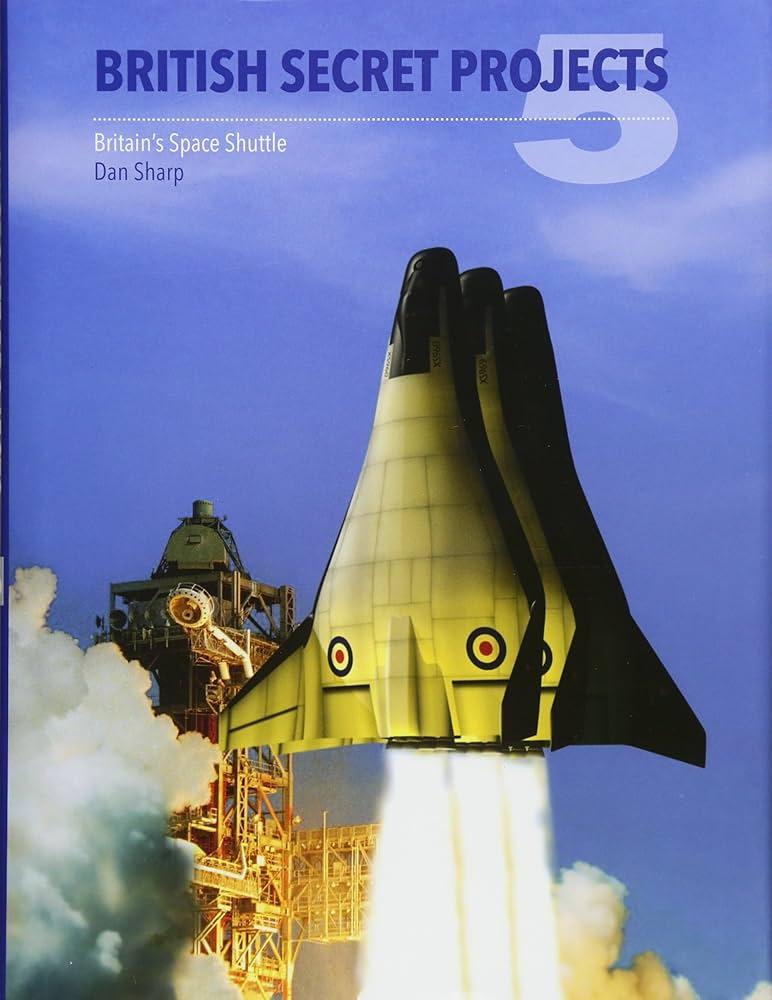
Download more ebook from https://ebookmass.com
More products digital (pdf, epub, mobi) instant download maybe you interests ...

Sharp Absence (Sharp Investigations Book 1) Kate Anders
https://ebookmass.com/product/sharp-absence-sharp-investigationsbook-1-kate-anders/
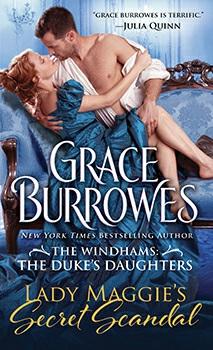
An Unexpected Earl Anna Harrington
https://ebookmass.com/product/an-unexpected-earl-annaharrington-3/
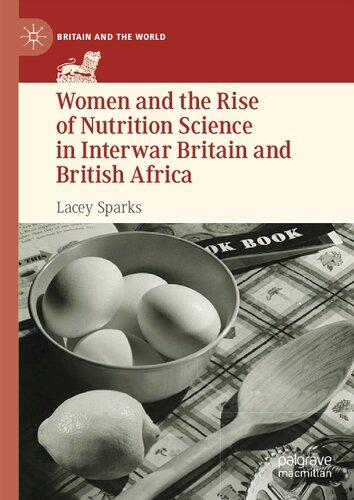
Women and the Rise of Nutrition Science in Interwar
Britain and British Africa Lacey Sparks
https://ebookmass.com/product/women-and-the-rise-of-nutritionscience-in-interwar-britain-and-british-africa-lacey-sparks/

Disrupt and Deny: Spies, Special Forces, and the Secret Pursuit of British Foreign Policy Rory Cormac
https://ebookmass.com/product/disrupt-and-deny-spies-specialforces-and-the-secret-pursuit-of-british-foreign-policy-rorycormac/
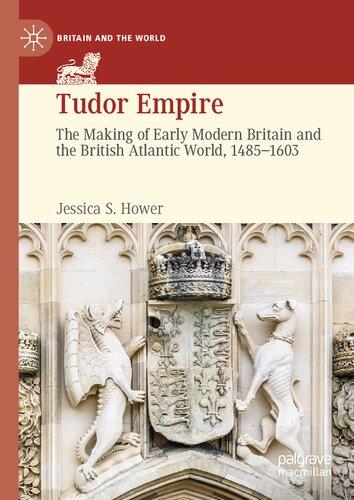
Tudor Empire: The Making of Early Modern Britain and the British Atlantic World, 1485-1603 Jessica S. Hower
https://ebookmass.com/product/tudor-empire-the-making-of-earlymodern-britain-and-the-british-atlantic-world-1485-1603-jessicas-hower/
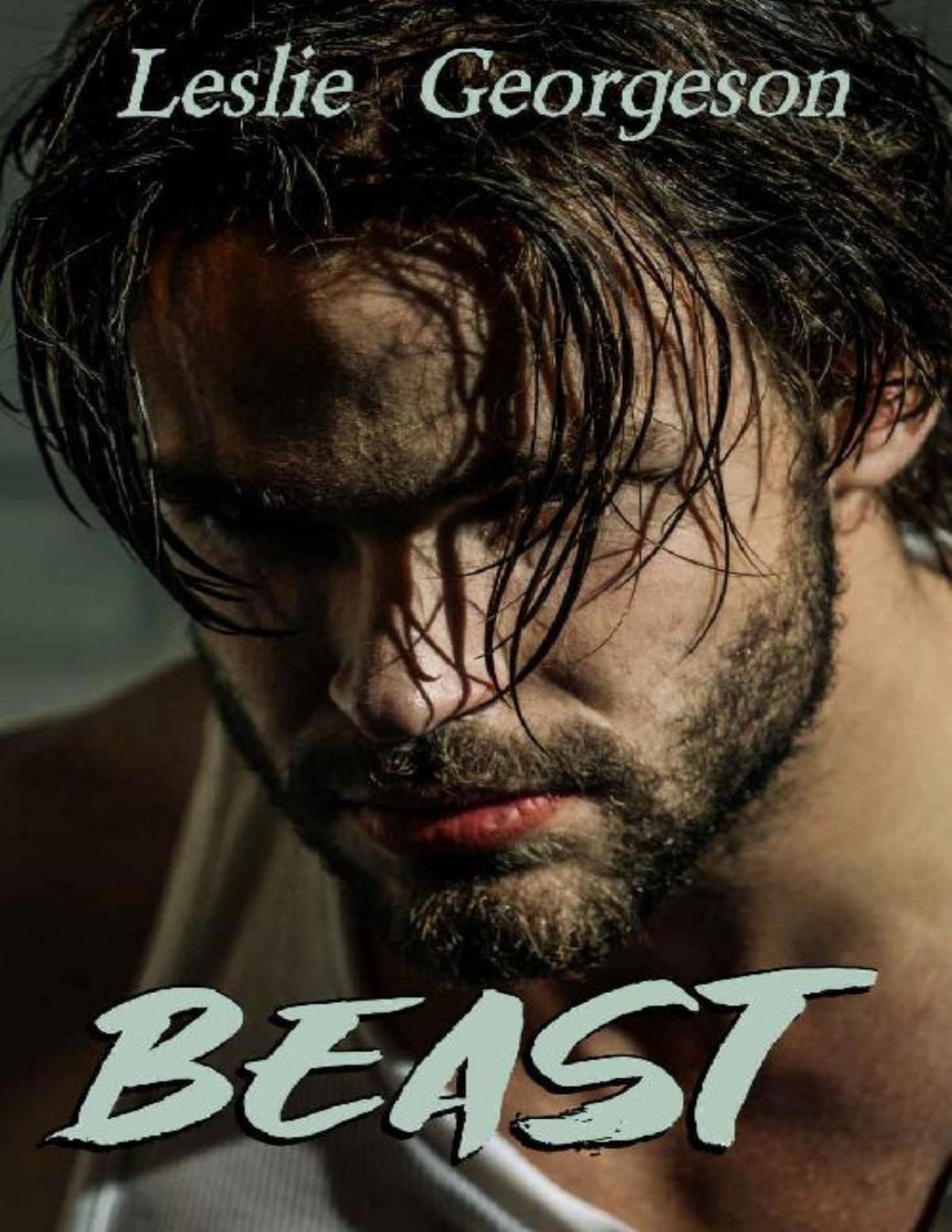
Beast (a secret crush Mafia romantic suspense) (Popov Bratva Book 5) Leslie Georgeson
https://ebookmass.com/product/beast-a-secret-crush-mafiaromantic-suspense-popov-bratva-book-5-leslie-georgeson/

Managing IT Projects: How to Pragmatically Deliver Projects for External Customers Marcin D■browski
https://ebookmass.com/product/managing-it-projects-how-topragmatically-deliver-projects-for-external-customers-marcindabrowski/
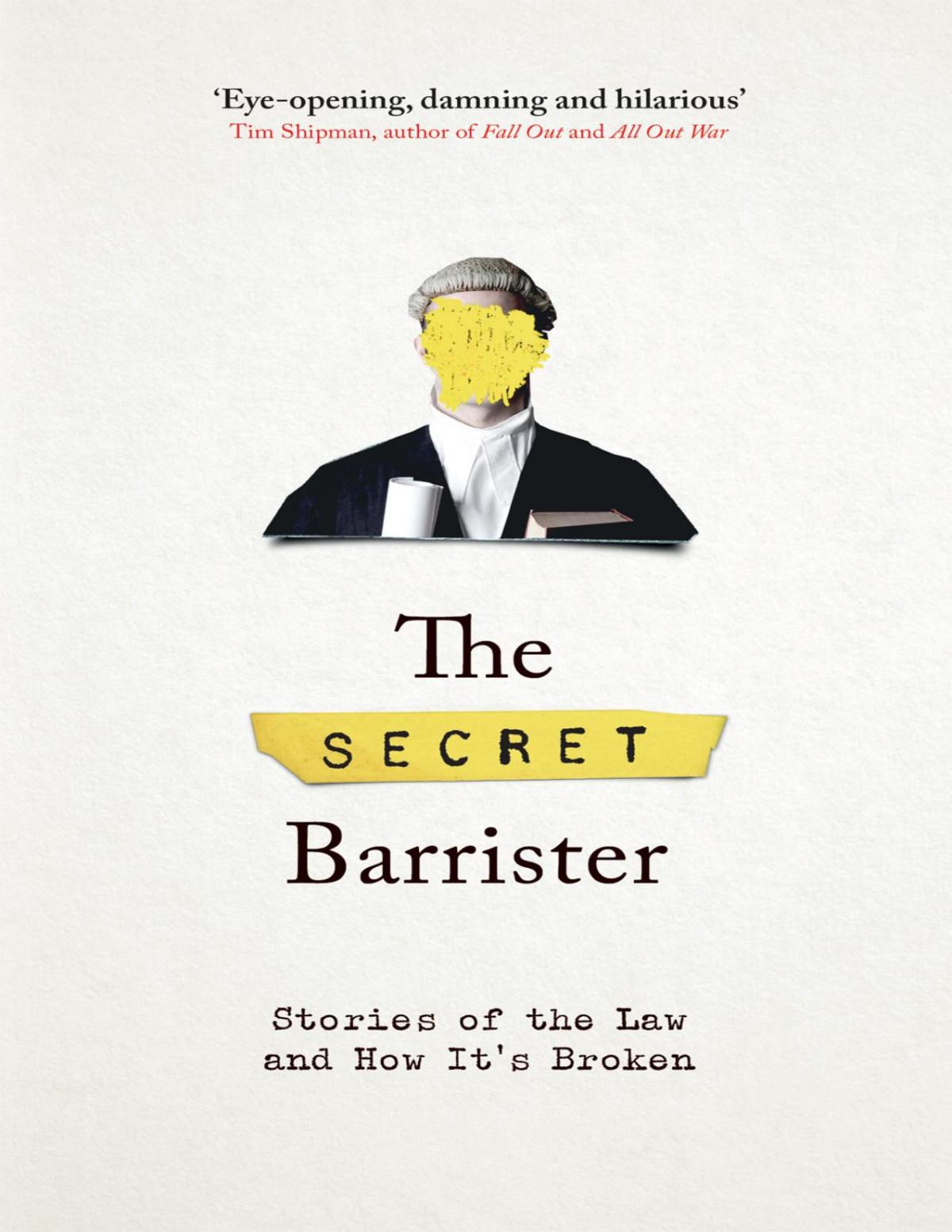
The Secret Barrister The Secret Barrister
https://ebookmass.com/product/the-secret-barrister-the-secretbarrister/
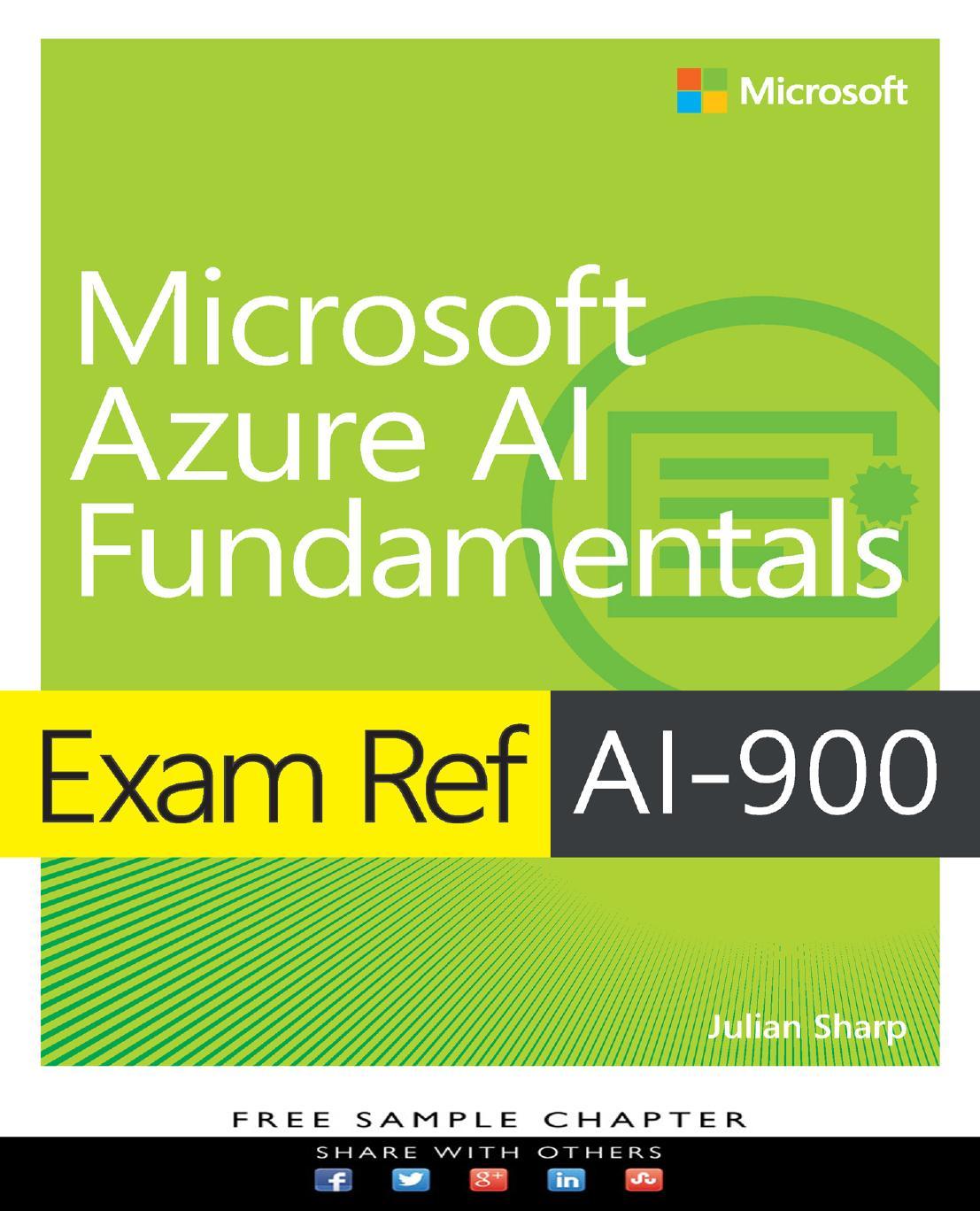
Exam Ref AI-900 Microsoft Azure AI Fundamentals Julian Sharp
https://ebookmass.com/product/exam-ref-ai-900-microsoft-azure-aifundamentals-julian-sharp/
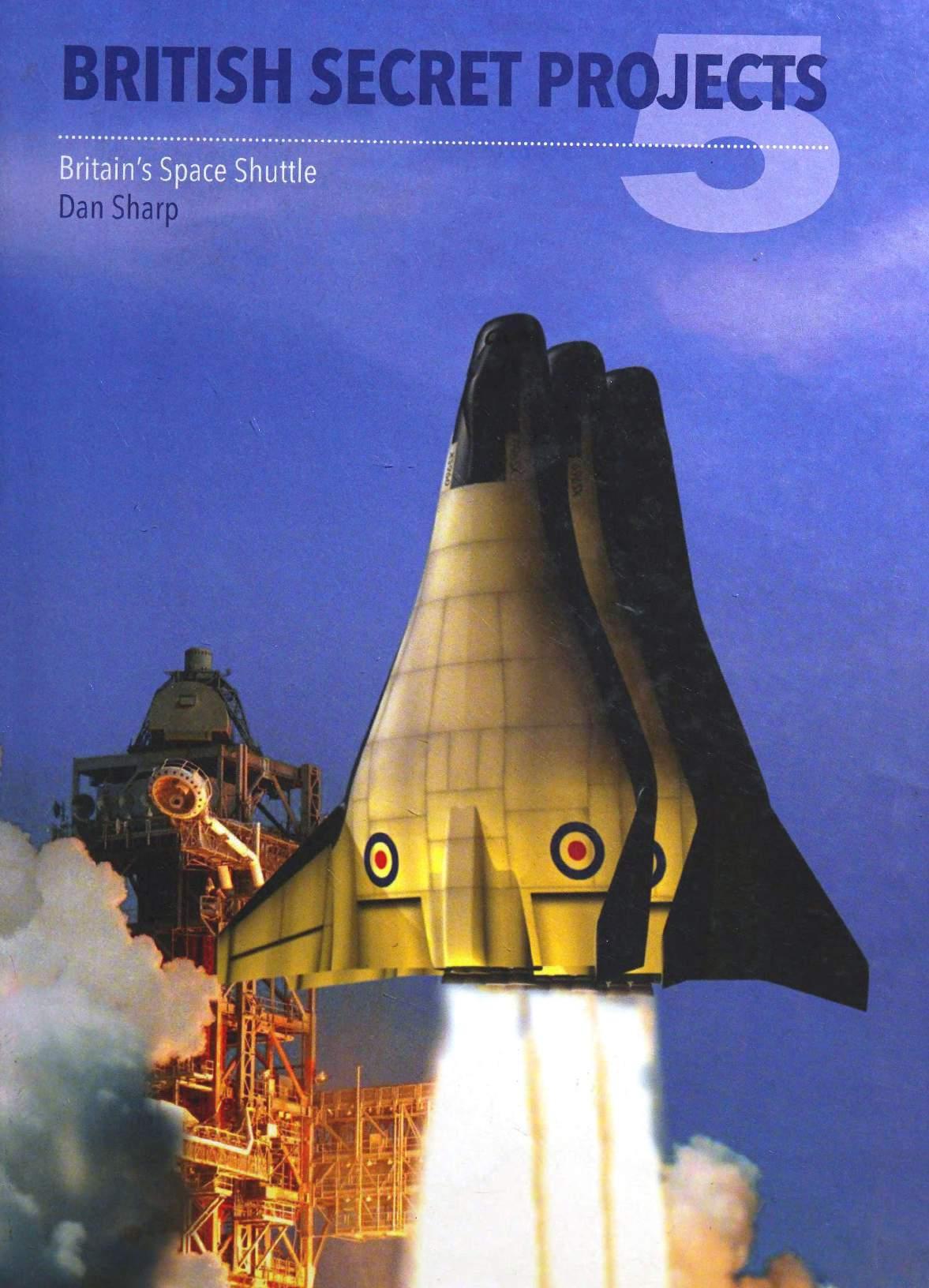




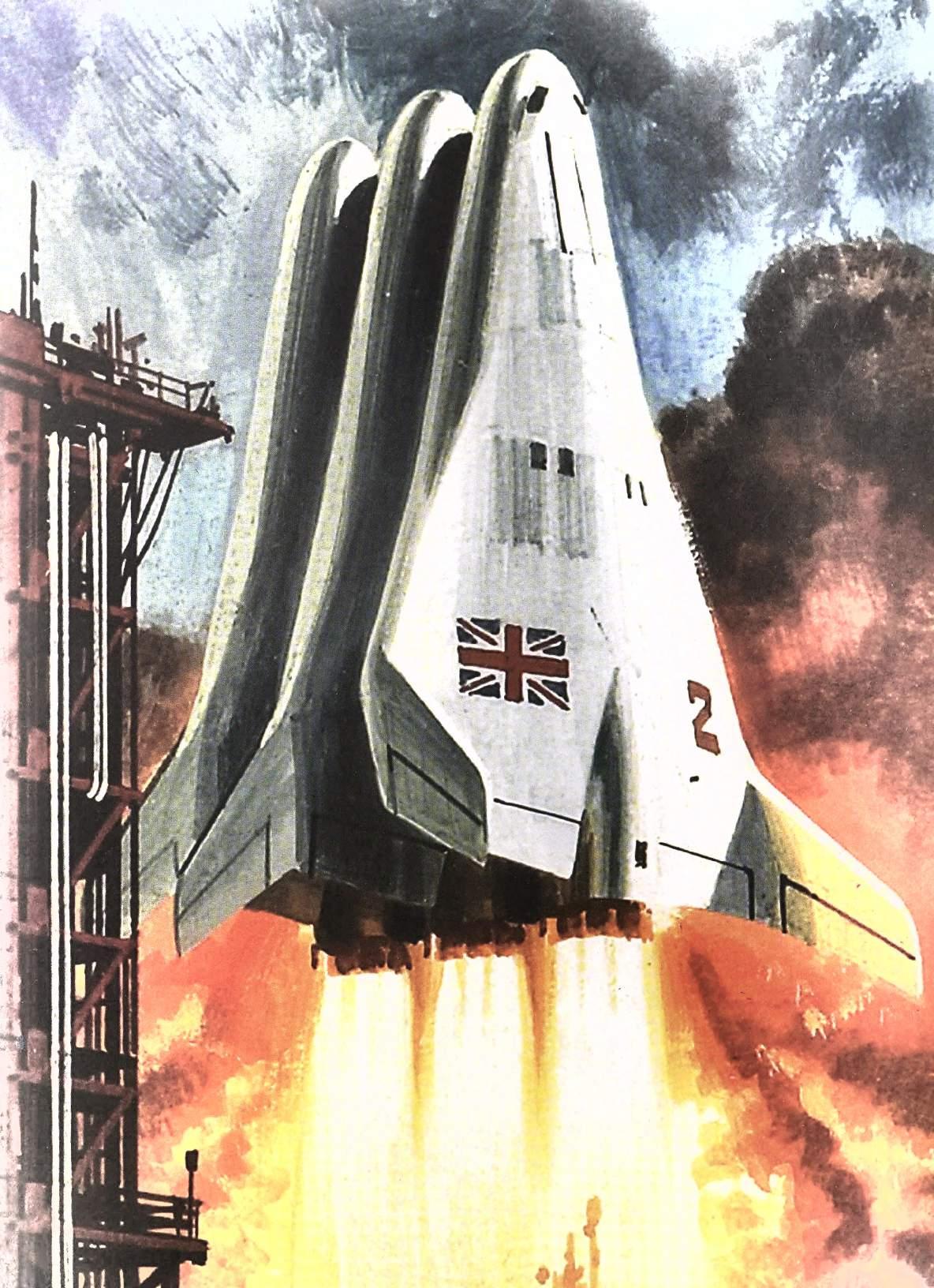
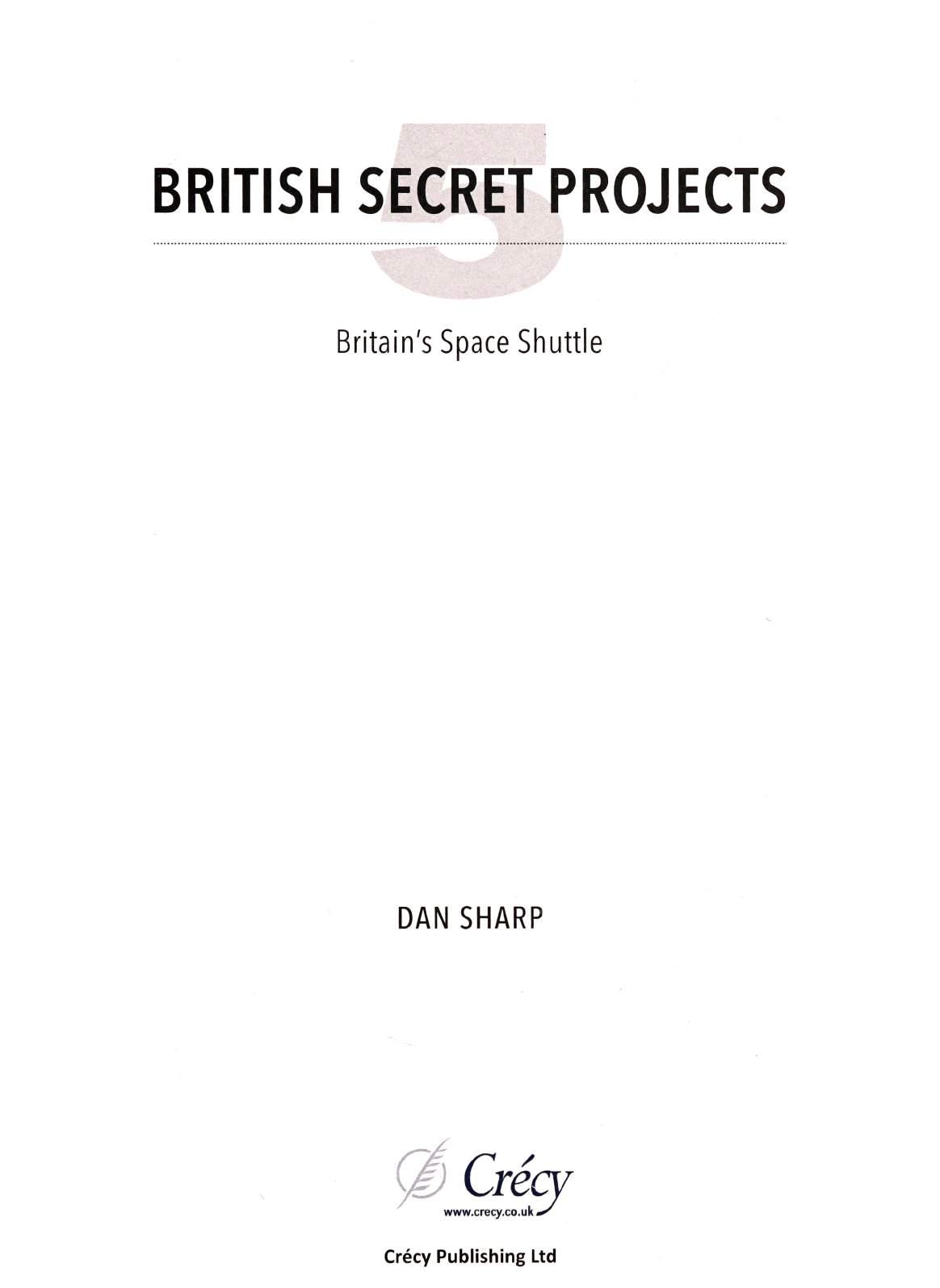

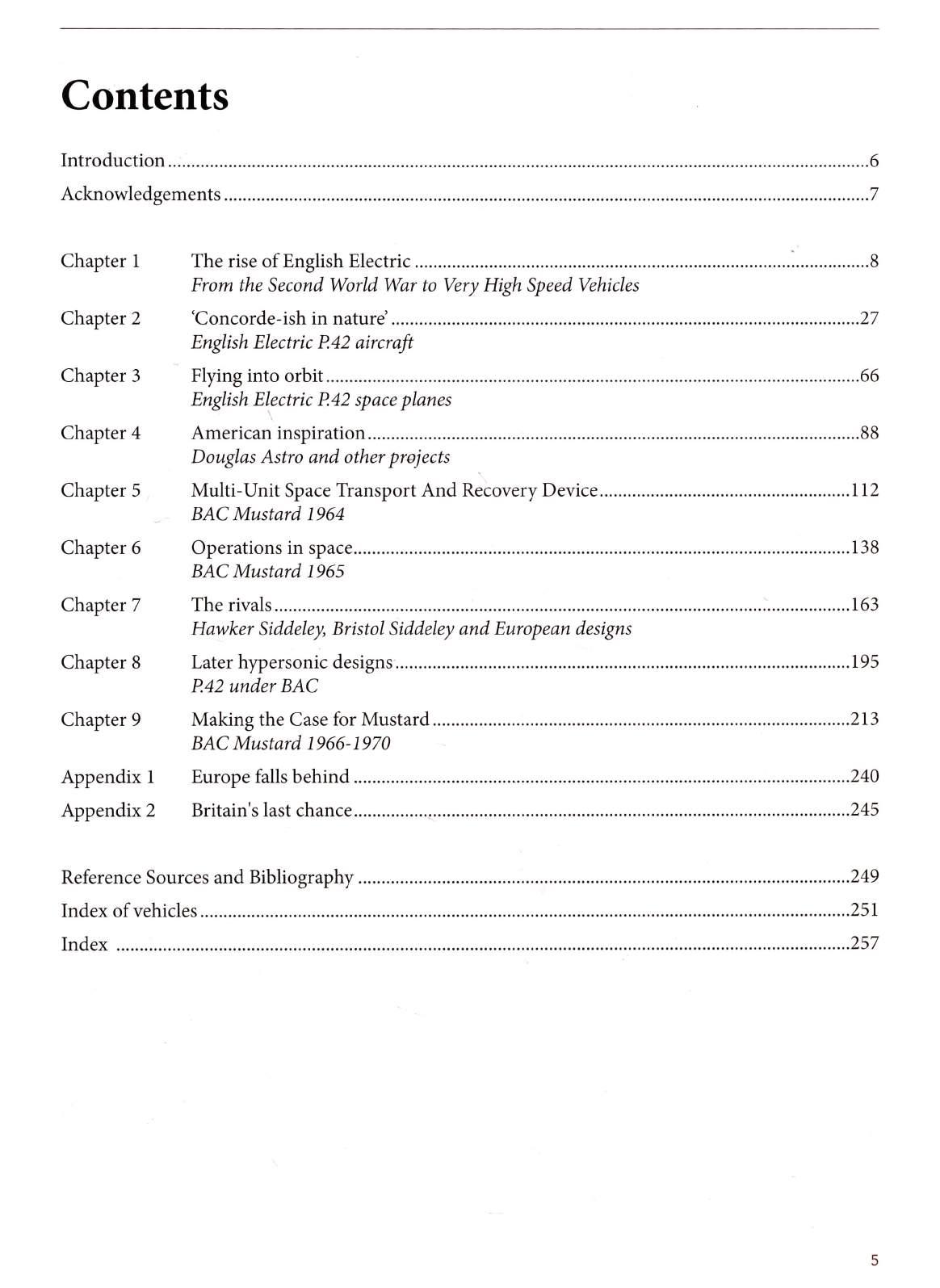

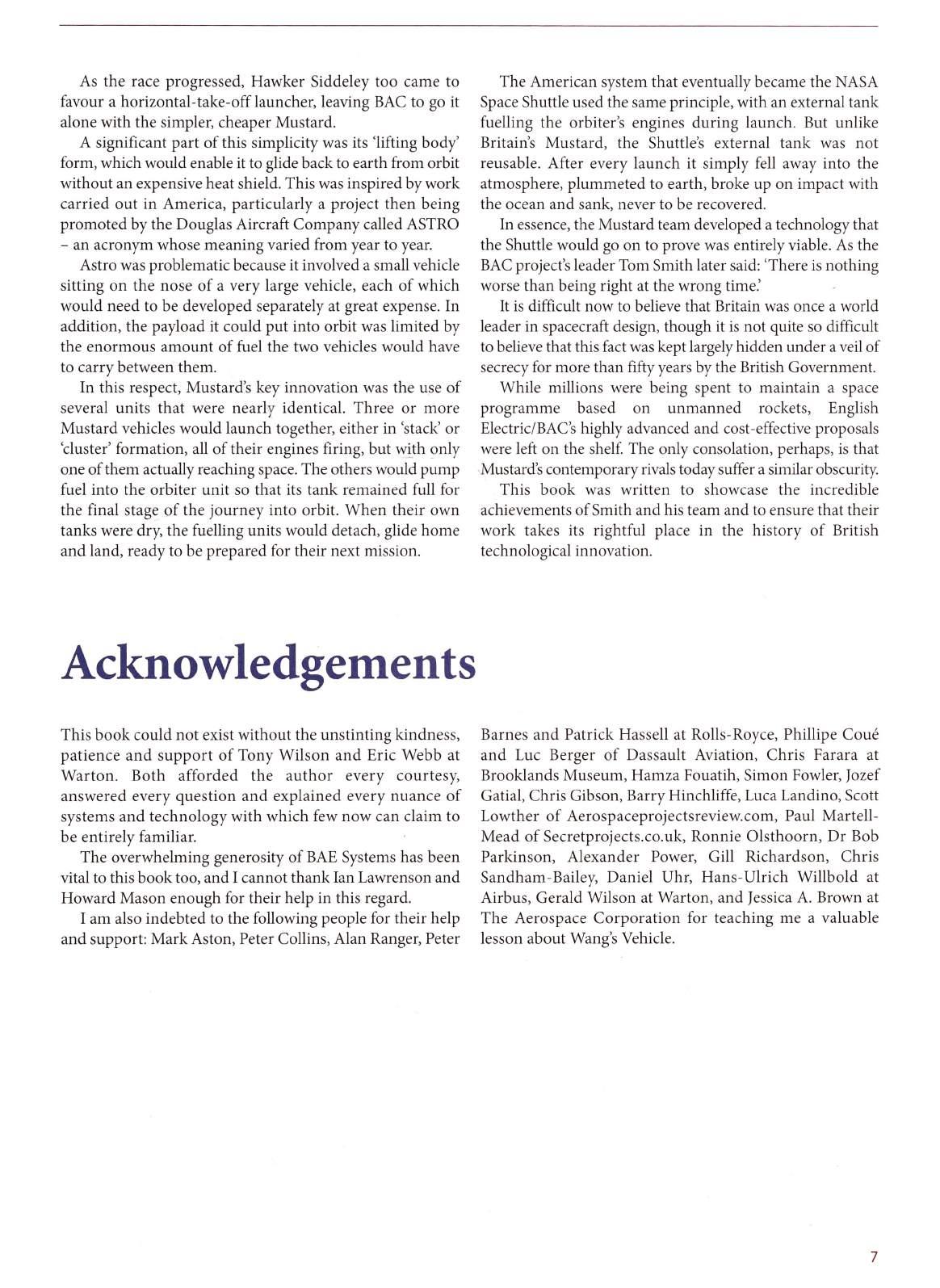



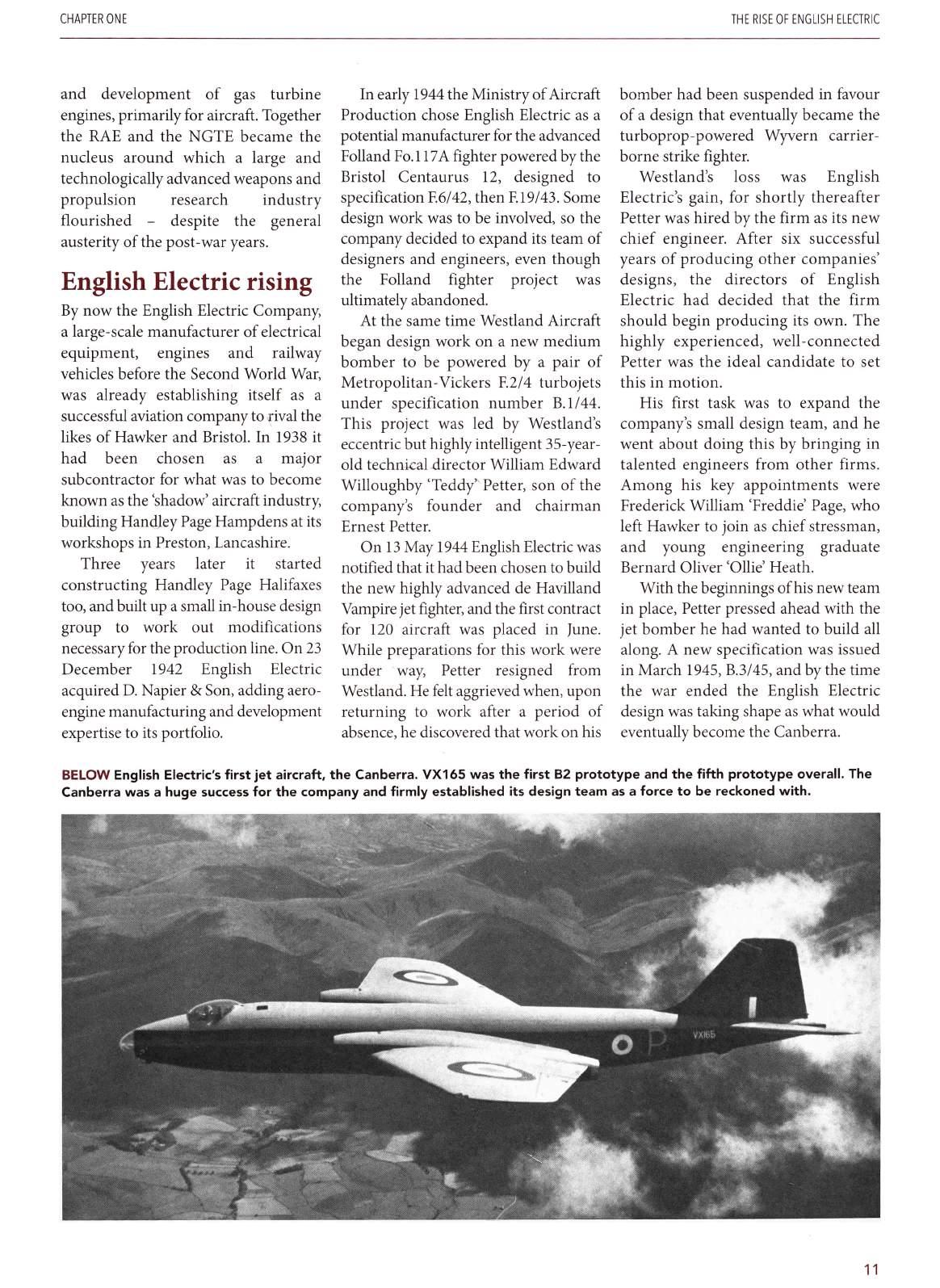
Another random document with no related content on Scribd:
which was around Gerth’s hall. He rode to where a herdsman sat on a hill, and said:
11. “Tell me, herdsman, | sitting on the hill, And watching all the ways, How may I win | a word with the maid Past the hounds of Gymir here?”
The herdsman spake:
12. “Art thou doomed to die | or already dead, Thou horseman that ridest hither?
Barred from speech | shalt thou ever be With Gymir’s daughter good.”
Skirnir spake:
13. “Boldness is better | than plaints can be For him whose feet must fare; [112] To a destined day | has mine age been doomed, And my life’s span thereto laid.”
Gerthspake:
14. “What noise is that | which now so loud I hear within our house? The ground shakes, | and the home of Gymir Around me trembles too.”
The Serving-Maidspake:
15. “One stands without | who has leapt from his steed, And lets his horse loose to graze;” .
|
Gerthspake:
16. “Bid the man come in, | and drink good mead Here within our hall; Though this I fear, | that there without My brother’s slayer stands.
[113]
17. “Art thou of the elves | or the offspring of gods, Or of the wise Wanes? How camst thou alone | through the leaping flame Thus to behold our home?”
Skirnir spake:
18. “I am not of the elves, | nor the offspring of gods, Nor of the wise Wanes; Though I came alone | through the leaping flame
Thus to behold thy home.
19. “Eleven apples, | all of gold, Here will I give thee, Gerth, To buy thy troth | that Freyr shall be Deemed to be dearest to you.”
Gerthspake:
20. “I will not take | at any man’s wish These eleven apples ever; Nor shall Freyr and I | one dwelling find So long as we two live.”
Skirnir spake:
21. “Then do I bring thee | the ring that was burned [114] Of old with Othin’s son; From it do eight | of like weight fall On every ninth night.”
Gerthspake:
22. “The ring I wish not, | though burned it was Of old with Othin’s son; In Gymir’s home | is no lack of gold In the wealth my father wields.”
Skirnir spake:
23. “Seest thou, maiden, | this keen, bright sword
That I hold here in my hand?
Thy head from thy neck | shall I straightway hew, If thou wilt not do my will.”
Gerthspake:
24. “For no man’s sake | will I ever suffer To be thus moved by might;
But gladly, methinks, | will Gymir seek To fight if he finds thee here.”
Skirnir spake:
25. “Seest thou, maiden, | this keen, bright sword
That I hold here in my hand? [115]
Before its blade | the old giant bends,—
Thy father is doomed to die.
26. “I strike thee, maid, | with my magic staff, To tame thee to work my will; There shalt thou go | where never again The sons of men shall see thee.
27. “On the eagle’s hill | shalt thou ever sit, And gaze on the gates of Hel;
More loathsome to thee | than the light-hued snake
To men, shall thy meat become.
28. “Fearful to see, | if thou comest forth, Hrimnir will stand and stare, (Men will marvel at thee;) [116] More famed shalt thou grow | than the watchman of the gods!
Peer forth, then, from thy prison.
29. “Rage and longing, | fetters and wrath, Tears and torment are thine; Where thou sittest down | my doom is on thee Of heavy heart And double dole.
30. “In the giants’ home | shall vile things harm thee
Each day with evil deeds; Grief shalt thou get | instead of gladness, And sorrow to suffer with tears.
31. “With three-headed giants | thou shalt dwell ever, Or never know a husband; (Let longing grip thee, | let wasting waste thee,—) [117]
Be like to the thistle | that in the loft Was cast and there was crushed.
32. “I go to the wood, | and to the wet forest, To win a magic wand; . . . . . . . . | . . . . . . . . I won a magic wand.
33. “Othin grows angry, | angered is the best of the gods, Freyr shall be thy foe, Most evil maid, | who the magic wrath Of gods hast got for thyself.
34. “Give heed, frost-rulers, | hear it, giants, Sons of Suttung, And gods, ye too, How I forbid | and how I ban The meeting of men with the maid, (The joy of men with the maid.)
[118]
35. “Hrimgrimnir is he, | the giant who shall have thee In the depth by the doors of Hel; To the frost-giants’ halls | each day shalt thou fare,
Crawling and craving in vain, (Crawling and having no hope.)
36. “Base wretches there | by the root of the tree Will hold for thee horns of filth; A fairer drink | shalt thou never find, Maid, to meet thy wish, (Maid, to meet my wish.)
37. “I write thee a charm | and three runes therewith,
Longing and madness and lust; But what I have writ | I may yet unwrite If I find a need therefor.”
[119]
Gerthspake:
38. “Find welcome rather, | and with it take The frost-cup filled with mead; Though I did not believe | that I should so love Ever one of the Wanes.”
Skirnir spake:
39. “My tidings all | must I truly learn Ere homeward hence I ride: How soon thou wilt | with the mighty son
Of Njorth a meeting make.”
Gerthspake:
40. “Barri there is, | which we both know well, A forest fair and still; And nine nights hence | to the son of Njorth Will Gerth there grant delight.”
Then Skirnir rode home. Freyr stood without, and spoke to him, and asked for tidings:
41. “Tell me, Skirnir, | ere thou take off the saddle,
Or farest forward a step: What hast thou done | in the giants’ dwelling
To make glad thee or me?”
[120]
Skirnir spake:
42. “Barri there is, | which we both know well, A forest fair and still; And nine nights hence | to the son of Njorth Will Gerth there grant delight.”
Freyr spake:
43. “Long is one night, | longer are two; How then shall I bear three? Often to me | has a month seemed less Than now half a night of desire.”
[107]
[Contents]
NOTES
[108]
Prose. Freyr: concerning his father, Njorth, and the race of the Wanes in general, cf. Voluspo, 21 and note. Snorri thus describes Njorth’s family: “Njorth begat two children in Noatun; the son was named Freyr, and the daughter Freyja; they were fair of aspect and mighty. Freyr is the noblest of the gods; he rules over rain and sunshine, and therewith the fruitfulness of the earth; it is well to call upon him for plenty and welfare, for he rules over wealth for mankind. Freyja is the noblest of the goddesses. When she rides to the fight, she has one-half of the slain, and Othin has half. When she goes on a journey, she drives her two cats, and sits in a cart. Lovesongs please her well, and it is good to call on her in love-matters.”
Hlithskjolf: Othin’s watch-tower; cf. Grimnismol, introductory prose. He said: both manuscripts have “Then Skathi said:” (Skathi was Njorth’s wife), but Bugge’s emendation, based on Snorri’s version, is doubtless correct.
1. Myson: both manuscripts, and many editors, have “our son,” which, of course, goes with the introduction of Skathi in the prose. As the stanza is clearly addressed to Skirnir, the change of pronouns seems justified. The same confusion occurs in stanza 2, where Skirnir in the manuscripts is made to speak of Freyr as [109]“your son” (plural). The plural pronoun in the original involves a metrical error, which is corrected by the emendation.
4. Elfbeam: the sun, so called because its rays were fatal to elves and dwarfs; cf. Alvissmol, 35.
6. Gymir: a mountain-giant, husband of Aurbotha, and father of Gerth, fairest among women. This is all Snorri tells of him in his paraphrase of the story.
7. Snorri’s paraphrase of the poem is sufficiently close so that his addition of another sentence to Freyr’s speech makes it probable [110]that a stanza has dropped out between 7 and 8. This has been tentatively reconstructed, thus: “Hither to me | shalt thou bring the maid, / And home shalt thou lead her here, / If her father wills it | or wills it not, / And good reward shalt thou get.” Finn Magnusen detected the probable omission of a stanza here as early as 1821.
8. The sword: Freyr’s gift of his sword to Skirnir eventually proves fatal, for at the last battle, when Freyr is attacked by Beli, whom he kills bare-handed, and later when the fire-demon, Surt, slays him in turn, he is weaponless; cf. Voluspo, 53 and note. Againstthegiants grim: the condition of this line makes it seem like an error in copying, and it is possible that it should be identical with the fourth line of the next stanza. [111]
10. Some editors reject line 3 as spurious.
12. Line 2 is in neither manuscript, and no gap is indicated. I have followed Grundtvig’s conjectural emendation.
13. This stanza is almost exactly like many in the first part of [112]the Hovamol, and may well have been a separate proverb. After this stanza the scene shifts to the interior of the house.
15. No gap indicated in either manuscript. Bugge and Niedner have attempted emendations, while Hildebrand suggests that the last two lines of stanza 14 are spurious, 14, 1–2, and 15 thus forming a single stanza, which seems doubtful.
16. Brother’s slayer: perhaps the brother is Beli, slain by Freyr; the only other references are in Voluspo, 53, and in Snorri’s paraphrase of the Skirnismol, which merely says that Freyr’s gift of his sword to Skirnir “was the reason why he was weaponless when he met Beli, and he killed him bare-handed.” Skirnir himself seems never to have killed anybody. [113]
17. Wise Wanes: cf. Voluspo, 21 and note.
18. The Arnamagnæan Codex omits this stanza.
19. Apples: the apple was the symbol of fruitfulness, and also of eternal youth. According to Snorri, the goddess Ithun had charge of the apples which the gods ate whenever they felt themselves growing old. [114]
21. Ring: the ring Draupnir (“Dropper”) was made by the dwarfs for Othin, who laid it on Baldr’s pyre when the latter’s corpse was burned (cf. Voluspo, 32 and note, and Baldrs Draumar). Baldr, however, sent the ring back to Othin from hell. How Freyr obtained it is nowhere stated. Andvari’s ring (Andvaranaut) had a similar power of creating gold; cf. Reginsmol, prose [115]after stanza 4 and note. Lines 3 and 4 of this stanza, and the first two of stanza 22, are missing in the Arnamagnæan Codex.
25. The first two lines are abbreviated in both manuscripts.
26. With this stanza, bribes and threats having failed, Skirnir begins a curse which, by the power of his magic staff, is to fall on Gerth if she refuses Freyr.
27. Eagle’s hill: the hill at the end of heaven, and consequently overlooking hell, where the giant Hræsvelg sits “in an eagle’s guise,” and makes the winds with his wings; cf. Vafthruthnismol, 37, also Voluspo, 50. The second line is faulty in both manuscripts; Hildebrand’s emendation corrects the error, but omits an effective touch; the manuscript line may be rendered “And look and hanker for hell.” The Arnamagnæan Codex breaks off with the fourth line of this stanza.
28. Hrimnir: a frost-giant, mentioned elsewhere only in Hyndluljoth, 33. Line 3 is probably spurious. Watchman ofthegods: Heimdall; cf. Voluspo, 46. [116]
29. Three nouns of doubtful meaning, which I have rendered rage, longing, and heart respectively, make the precise force of this stanza obscure. Niedner and Sijmons mark the entire stanza as interpolated, and Jonsson rejects line 5.
30. In Regius and in nearly all the editions the first two lines of this stanza are followed by lines 3–5 of stanza 35. I have followed Niedner, Sijmons, and Gering. The two words here translated vile things are obscure; Gering renders the phrase simply “Kobolde.”
31. The confusion noted as to the preceding stanza, and a metrical error in the third line, have led to various rearrangements and emendations; line 3 certainly looks like an interpolation. Threeheadedgiants: concerning giants with numerous heads, cf. Vafthruthnismol, 33, and Hymiskvitha, 8. [117]
32. No gap indicated in the manuscript; Niedner makes the line here given as 4 the first half of line 3, and fills out the stanza thus: “with which I will tame you, / Maid, to work my will.” The whole stanza
seems to be either interpolated or out of place; it would fit better after stanza 25.
33. Jonsson marks this stanza as interpolated. The word translated mostevilis another case of guesswork.
34. Most editors reject line 3 as spurious, and some also reject line 6. Lines 2 and 3 may have been expanded out of a single line running approximately “Ye gods and Suttung’s sons.” Suttung: concerning this giant cf. Hovamol, 104 and note. [118]
35. Most editors combine lines 1–2 with stanza 36 (either with the first two lines thereof or the whole stanza), as lines 3–5 stand in the manuscript after line 2 of stanza 30. Hrimgrimnir (“The FrostShrouded”): a giant not elsewhere mentioned. Line 5, as a repetition of line 4, is probably a later addition.
36. For the combination of this stanza with the preceding one, cf. note on stanza 35. The scribe clearly did not consider that the stanza began with line 1, as the first word thereof in the manuscript does not begin with a capital letter and has no period before it. The first word of line 3, however, is so marked. Line 5 may well be spurious.
37. Again the scribe seems to have been uncertain as to the stanza divisions. This time the first line is preceded by a period, but begins with a small letter. Many editors have made line 2 [119]into two halflines. Acharm: literally, the rune Thurs (þ); the runic letters all had magic attributes; cf. Sigrdrifumol, 6–7 and notes.
40. Barri: “The Leafy.” [120]
42. Abbreviated to initial letters in the manuscript.
43. The superscription is lacking in Regius. Snorri quotes this one stanza in his prose paraphrase, Gylfaginning, chapter 37. The two
versions are substantially the same, except that Snorri makes the first line read, “Long is one night, | long is the second.” [121]
